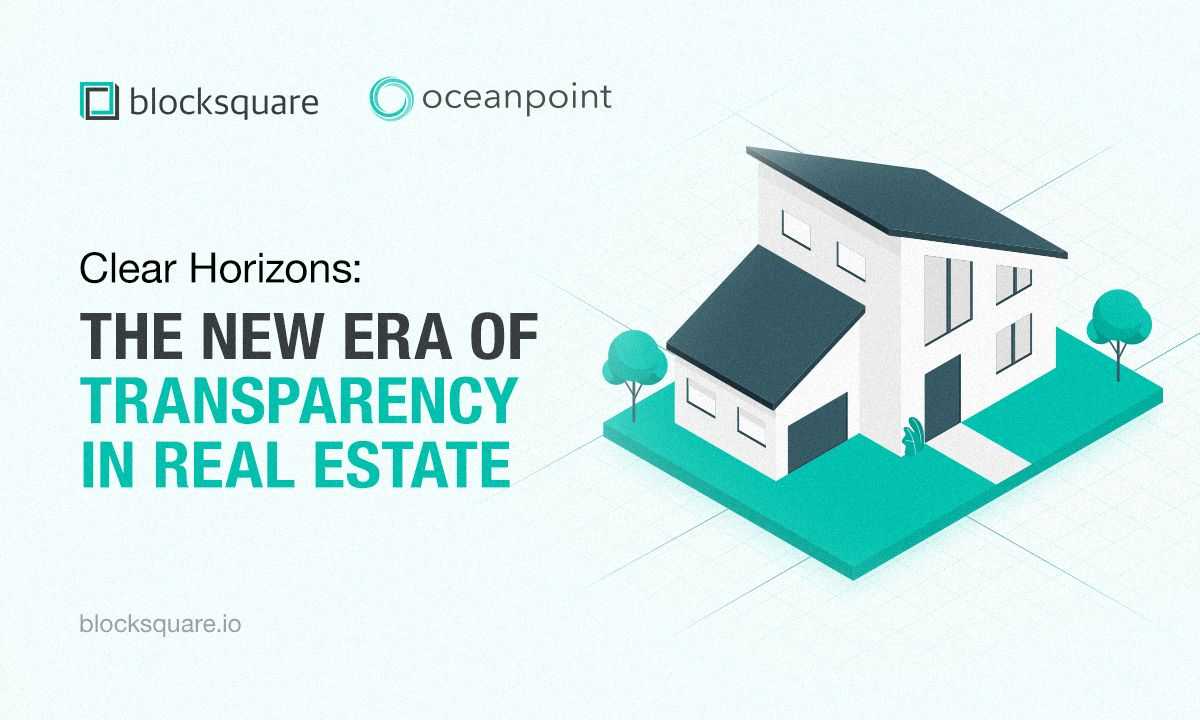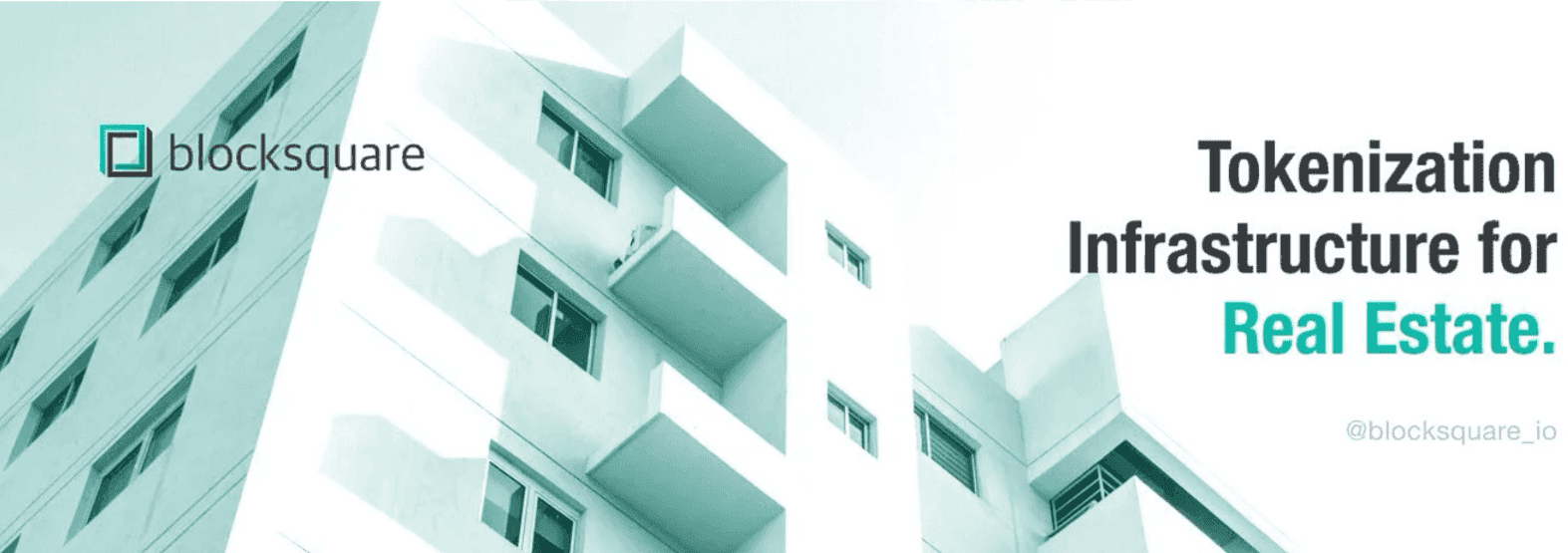Clear Horizons: The New Era of Transparency in Real Estate
The real estate sector, traditionally seen as a bastion of complexity and sometimes secrecy, is on the cusp of a transparency revolution. This transformation is being driven not just by regulatory demands but by a growing recognition that clear, accessible information underpins market efficiency and public trust.


The Imperative for Transparency
Transparency in real estate is critical because it directly impacts market stability, investment decisions, and community trust. It ensures that all stakeholders — investors, homeowners, developers, and regulators — have access to the same information, reducing the likelihood of fraud and speculation that can lead to market bubbles and crashes.
Technological Catalysts
Key technologies are at the forefront of promoting transparency in real estate:
-
Blockchain Technology: By creating a decentralized ledger for property transactions, blockchain technology ensures that records are not only secure but also immutable and transparent. This makes it nearly impossible to alter ownership records fraudulently.
-
Big Data Analytics: The use of big data allows for the aggregation and analysis of vast amounts of property data, from price trends to construction quality and legal disputes. This enables more informed decision-making and market predictions.
-
Virtual Reality (VR) and Augmented Reality (AR): These technologies offer potential buyers and investors a transparent, interactive way to view properties remotely, ensuring properties are represented accurately before any financial commitments are made.
Real World Applications
The application of these technologies in real estate varies:
-
Tokenization of real estate assets allows for fractional ownership and easier liquidity, making the real estate market accessible to more people. This democratization of property investment increases market participation and transparency.
-
Smart Contracts automate and record transactions without human intervention, reducing the opportunity for manipulation and increasing the speed and efficiency of real estate transactions.
Regulatory Frameworks and Challenges
Despite technological advancements, the real estate sector still faces challenges related to regulatory frameworks which can vary greatly by region. The integration of new technologies into existing legal structures is often slow, and there can be resistance from traditional sectors that are unprepared or unwilling to adapt.
Looking Ahead: The Future of Real Estate Transparency
The future of real estate promises enhanced transparency with continuous improvements in technology and greater integration of global standards. As international investment grows, so too does the need for standardized, clear, and accessible information across borders.
This emerging landscape presents a unique opportunity for stakeholders to rebuild trust, enhance the functioning of markets, and create a more inclusive real estate ecosystem. The drive towards transparency is not just about adhering to regulations but about unlocking the true potential of real estate as a fundamental human and economic resource.
In conclusion, as we move forward, the transformation of the real estate sector through enhanced transparency will likely bring about a more robust, dynamic, and equitable market. This shift is not merely beneficial but necessary for the sustainable development of cities and communities around the globe.

We welcome you to bring these thoughts and feelings into the discussion, on the 24th July 24' , where some of the brightest minds in industry will join us for an X space to take a deeper dive into the topic!
